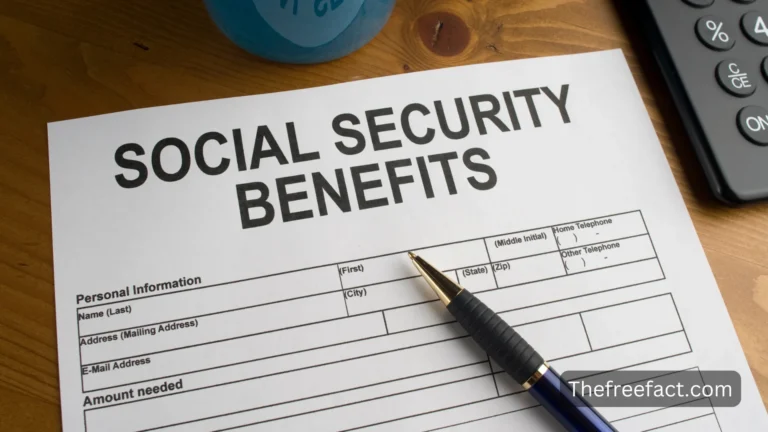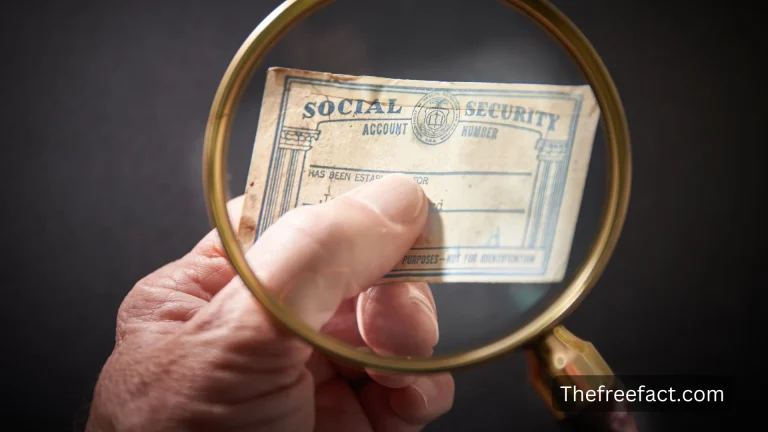Can Social Security Retirees Be Garnished?
Social Security benefits can be garnished; however, it depends on the type of payment and the nature of the debt. Taxes, student loans, and child support are common reasons for garnishment.
The amount that creditors can deduct from your Social Security benefits is strictly limited, ensuring that a portion of your benefits remain protected. Certain debts, such as credit card debt, are not eligible for garnishment from Social Security.
The knowledge that Social Security payments are not guaranteed can provide some relief to those who rely on them to meet essential living expenses.

Can social security retirees be garnished? Or can a debt collector take my Social Security or VA payments?
Debt collectors must first sue you and win a judgment against you for the amount you owe, and then they need a court order directing your bank to turn over money from your account. Garnishment is what this is called.
To ensure that your federal benefits are protected from being frozen or garnished, make sure the money is deposited into your account or on your prepaid card using direct deposit. The federal government offers you the option of having your benefits direct deposited into your bank account or loaded on to a prepaid card at any time.
Garnishing: How it Works
You can have your Social Security benefits garnished by the government, employers, or creditors if you owe money. Employers are allowed to withhold wages for child support payments if a court order makes it necessary.
Although garnishments of benefits do not always require a court order, they are subject to specific regulations. The IRS, for instance, can garnish benefits without a court order.
Also check: Does California Tax Social Security Benefits?
Restrictions on garnishing
Support for children or alimony
In the event that you are supporting someone other than the spouse or child named in the court order, you will be subject to garnishment of up to 50% of your Social Security benefits. If you are not supporting someone else, up to 60% of your after-tax income may be garnished. A garnishment of up to 65% of your earnings may be imposed if you are more than 12 weeks behind in your payments.
Your earnings could be garnished if you’re more than 12 weeks behind, and you’re supporting another child or spouse.
Loans for students
You’ll face a 15% garnishment rate if you don’t make your student loan payments, but the government can’t take less than $750 a month from those benefits.
An example would be if you were receiving a monthly benefit of $800, but failed to pay your student loans. You would be subject to a garnishment fee of $120. You would have less than $750 left each month after you pay the garnishment fee. The government would instead take $70 instead.
Income Taxes at the Federal Level
It is also common for federal income taxes to be garnished at 15%, and Social Security benefits will typically be garnished at 15% if you are in arrears.
Loans and debts of other types
Credit card companies, payday lenders, auto lenders, medical bills, and personal loan companies cannot access your federal benefits, including Social Security, even if your payments are late.
A 401(k) account is generally protected from creditors as long as the funds remain in the account. If the funds remain in the account, they are covered by ERISA. IRAs, however, may be more vulnerable to garnishment because they have less protection.
In order to protect the funds you received from Social Security or other protected benefits that were directly deposited into your account within this “look-back period,” banks must review your account history over the past two months.
You should keep in mind, however, that creditors can also access other assets you own, like a house or car, depending on your state’s laws.
Also check: Is Social Security Disability Taxable?
Which federal benefits are protected when I use direct deposit?
Direct deposits from these government programs are protected:
- SSI benefits
- Supplemental Security Income (SSI) benefit
- Benefits for veterans
- Retirement and disability benefits for civil servants and federal employees
- Pay for service members
- Benefits for surviving members of the military
- Student aid provided by the federal government
- Benefits for railroad retirees
- FEMA-funded assistance
Bottom Line
Several reasons can cause Social Security benefits to be garnished, including defaulted student loans, unpaid child support, and back taxes. It’s important to do your research so you aren’t blindsided by any reduction in your Social Security benefits. Because most garnishments are limited in rate, the government doesn’t have full control over your benefits.







